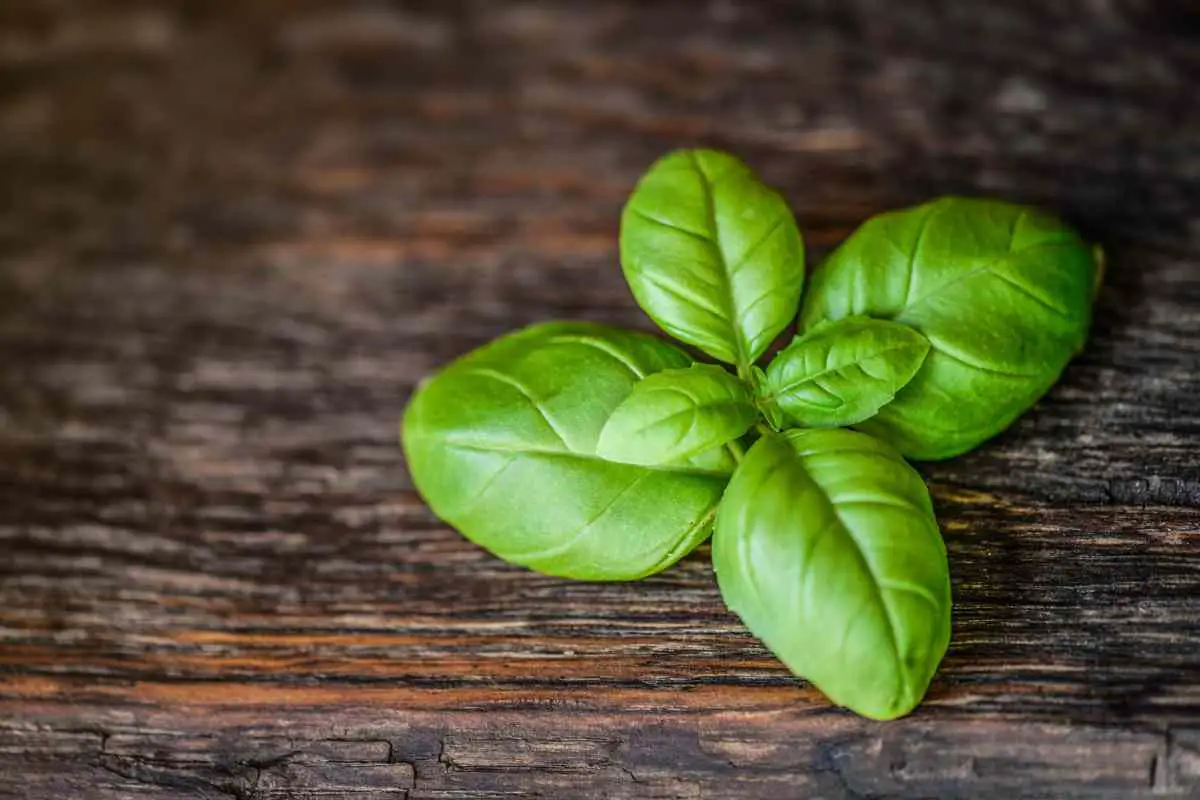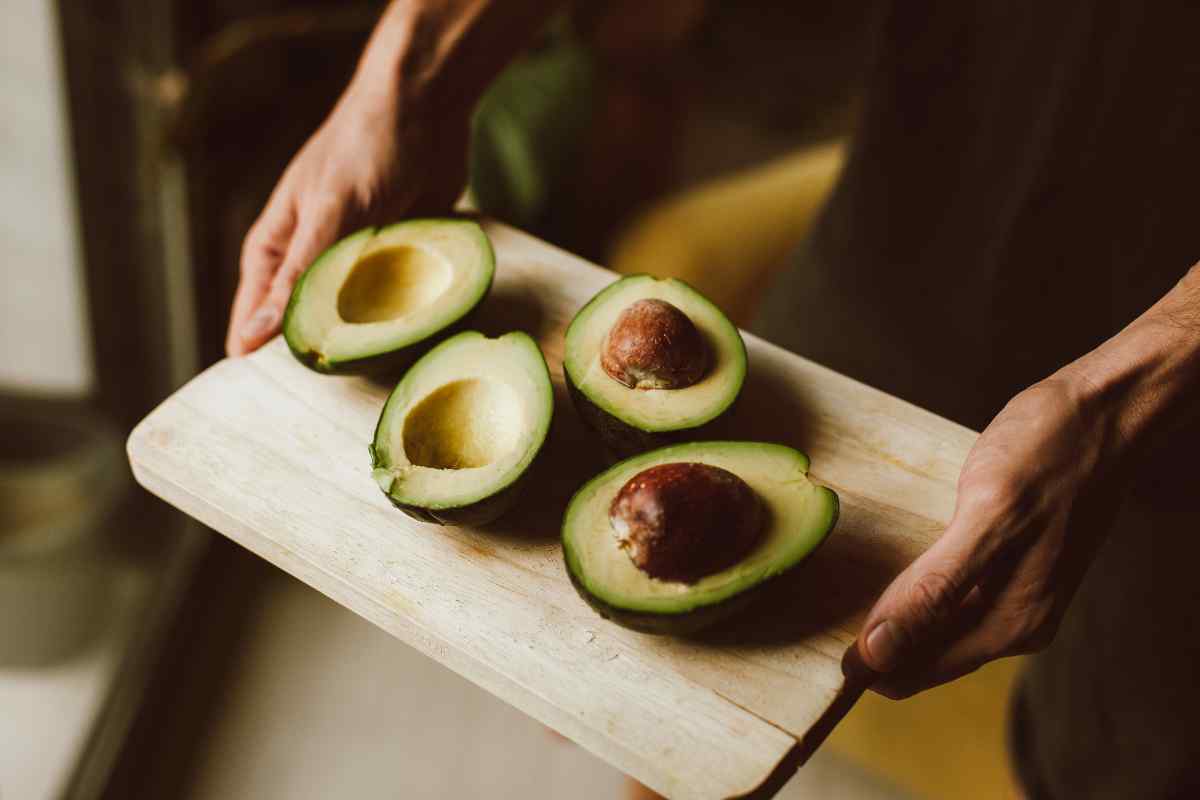Growing peppers can be a rewarding experience, but when the fruits you have worked so hard to cultivate are bitter, it can be a frustrating experience.
Fortunately, there are several reasons why peppers can be bitter and several steps you can take to correct the issue.
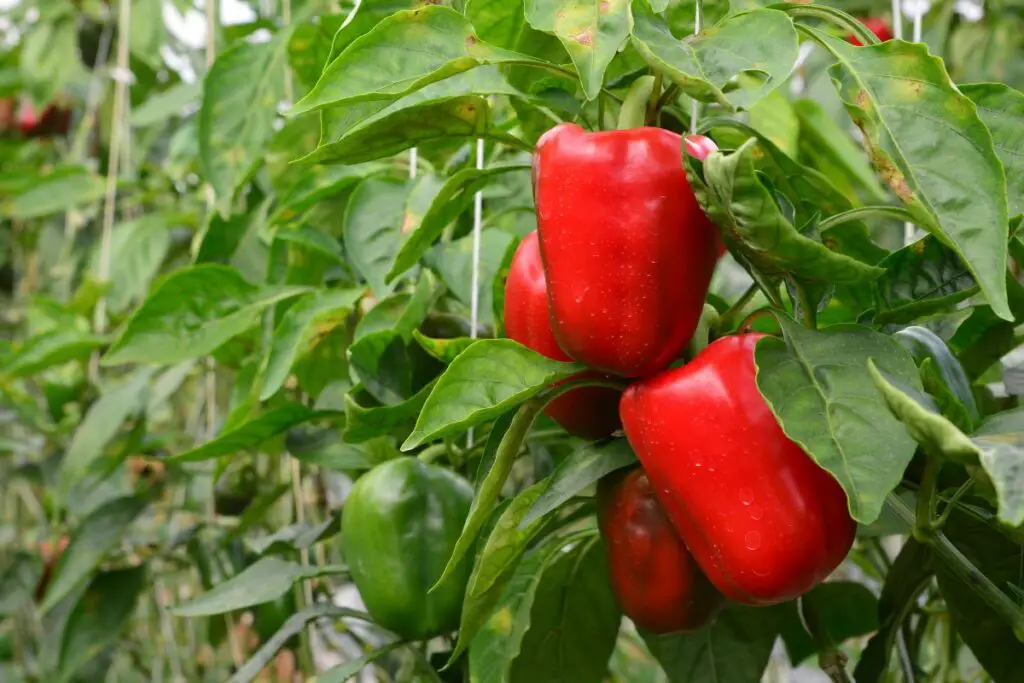
Table of Contents
Causes of Bitter Peppers
- Overripe Peppers: When peppers are left on the vine for too long, they can become overripe and develop a bitter taste. Overripe peppers can also become mushy and lose their crunch.
- Water Stress: Peppers need consistent moisture to grow and produce sweet fruits. If the soil is too dry, the peppers will become stressed and can develop a bitter taste.
- Soil Issues: Peppers need well-draining soil that is rich in organic matter. If the soil is too alkaline, the peppers can become bitter.
- Lack of Pollination: When peppers do not receive proper pollination, the fruits will be small and bitter. This can happen when the flowers are not pollinated by bees or when there are not enough flowers to produce enough fruit.
How to Prevent Bitter Peppers
- Harvest Peppers at the Right Time: Harvest peppers when they are full-sized and have reached their mature color, but before they become overripe.
- Provide Consistent Moisture: Water your pepper plants consistently, making sure the soil is not too dry or too wet.
- Use the Right Soil: Use well-draining soil that is rich in organic matter and has a pH between 6.0 and 7.0.
- Encourage Pollination: Plant your pepper plants in a location where they will receive plenty of pollination from bees. If you do not have a natural source of bees, you can hand-pollinate your peppers.
Techniques for Overcoming Bitter Flavors
Now that we have a better understanding of the causes of bitter peppers, it’s time to explore the techniques for overcoming this unpleasant flavor.
Whether you are using fresh peppers or dried chili flakes, there are several methods you can use to reduce or eliminate the bitterness of your peppers.
One of the simplest techniques for overcoming bitter flavors is to soak your peppers in salt water for 30 minutes to an hour.
This process helps to draw out the bitterness and create a more balanced and enjoyable flavor. You can also try soaking your peppers in vinegar or lemon juice, which will also help to reduce bitterness.
Another effective technique is to remove the white membranes and seeds from the peppers, as these are often the primary sources of bitterness.
You can also try roasting or sautéing your peppers, which can help to caramelize the sugars in the pepper and reduce the bitterness.
In addition to these techniques, there are also several ingredients you can use to complement the flavor of bitter peppers and help to create a more enjoyable and balanced flavor.
For example, you can try adding a pinch of sugar, honey, or agave nectar to your dish to help balance out the bitterness.
Nutritional Value of Bitter Peppers
Bitter peppers are a rich source of vitamins and minerals, including vitamins C and A, and potassium. They are also a good source of dietary fiber, making them a healthy addition to your diet.
Additionally, they contain capsaicin, the compound that gives them their signature heat and bitterness.
Capsaicin has been shown to have various health benefits, including reducing inflammation, lowering blood pressure, and boosting metabolism.
Selecting and Storing Bitter Peppers
When selecting bitter peppers, look for firm, glossy skin with no signs of bruising or wrinkling.
Fresh peppers will have a bright, vibrant color, usually green, yellow, or orange. When it comes to storing them, it’s best to keep them in the refrigerator, where they will keep fresh for up to a week.
You can also freeze them for longer storage, or dehydrate them to use in future recipes.
Conclusion
By understanding the causes of bitter peppers and taking steps to prevent them, you can enjoy sweet, juicy peppers from your garden.
With the right care, you can grow a successful crop of peppers that are perfect for eating fresh or using in your favorite recipes
- How to Build a Planter Box for Bamboo: A Step-by-Step Guide
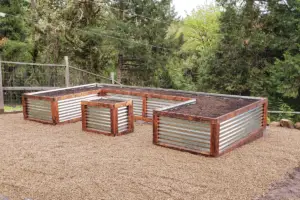
- Can Robotic Lawnmowers Handle Steep Slopes?

- Do You Need a Specific Lawn for a Robotic Lawnmower? Expert Advice
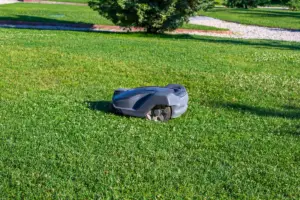
- Are Robotic Lawnmowers Safe for Pets and Children? Safety Features of Robotic Lawnmowers

- Why Use Robotic Lawnmowers? Advantages of Using a Robotic Lawnmower

- Is the GARDENA SILENO City 300 Cordless or Corded? A Clear Answer












